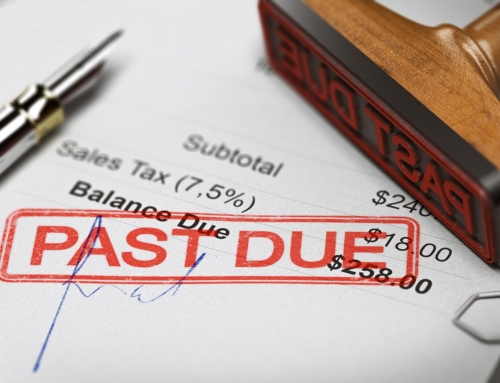Many people considering bankruptcy ask me whether they will lose their car at the time of filing bankruptcy. This question is fueled by either misinformation or lack of knowledge. After all, I am a bankruptcy attorney and I am happy to answer the question once I have more information. The answer depends on the particular facts of each debtor, how the car is owned, and how much is owed on the car versus what is the value of the car. The bankruptcy trustee and the attorney for the debtor will negotiate the outcome of the cars involved in the bankruptcy filing.
I ask potential bankruptcy debtors what vehicles they own and how they own them: whether it is fully paid and titled, being financed, or leased. I also ask what is their intention with the vehicle: to keep or to let it go.
LEASED VEHICLES: Liability for the payments is eliminated completely if the car is given back. Liability is 100% re-imposed in case the debtor wants to keep it.
If, Surrender the car: include the surrender decision in the bankruptcy schedules and help the debtor coordinate with the bank the surrender date of same. No reaffirmation agreement necessary.
If, Keep the car: include the decision to keep in the bankruptcy forms and advise the debtor to continue the payments and to have the debtor sign a reaffirmation of the lease debt contract. A reaffirmation agreement is mandatory.
Generally, if a car is leased, and titled fully or partially in the debtor’s name, the bankruptcy trustee does not have a problem with the debtor keeping the vehicle as long as payments are being made.
The Trustee, more often than not, doesn’t care about the value of the car as it wholly belongs to the finance company or dealership. The Trustee may have a problem with keeping the car if the car payment seems too high to be afforded by the debtor who is trying to continue paying for it.
FINANCED VEHICLES: Liability for the payments is eliminated completely if the car is given back. Liability is 100% re-imposed in case the debtor wants to keep it.
If, Surrender the car: include the surrender decision in the bankruptcy schedules and help the debtor coordinate with the bank the surrender of same. No reaffirmation agreement necessary.
If, Keep the car: include the decision to keep in the bankruptcy forms and advise the debtor to continue the payments and to have the debtor sign a reaffirmation of the lease debt contract. A reaffirmation agreement is mandatory.
The Trustee generally will have to consider whether the car has equity and if so, if the debtor is able to protect some or all of the equity in the vehicle. Depending on what the debtor wants to do with the car, the attorney will include the debtor’s intentions in the schedules and include any exemptions available to the debtor in the bankruptcy schedules.
Specifically, bankruptcy law in Florida allows a $1000.00 exemption for one (1) motor vehicle. The debtor may use of up to $5000.00 on another general wildcard exemption which is allowed for debtors in Florida. In short, the bankruptcy trustee will need to figure if the debtor’s car is partially or fully protected at the time of filing bankruptcy with up to $6000 inequity available to the debtor. The debtor’s attorney will discuss the particulars of each case with the debtor before any case is filed.
TITLED VEHICLES:
If, Surrender the car: include the surrender decision in the bankruptcy schedules and help the debtor coordinate with the Trustee the surrender date of same. No reaffirmation agreement necessary.
If, Keep the car: include the decision to keep in the bankruptcy forms and advise the debtor whether the car is protected, fully or partially from the trustee and the creditors. This decision is different on a case-by-case basis.
The Trustee generally will have to consider whether the car has equity and if so, if the debtor is able to protect some or all of the equity in the vehicle. Depending on what the debtor wants to do with the car, the attorney will include the debtor’s intentions in the schedules and include any exemptions available to the debtor in the bankruptcy schedules.
Specifically, bankruptcy law in Florida allows a $1000.00 exemption for one (1) motor vehicle. The debtor may use of up to $5000.00 on another general wildcard exemption which is allowed for debtors in Florida. In short, the bankruptcy trustee will need to figure if the debtor’s car is partially or fully protected at the time of filing bankruptcy with up to $6000 inequity available to the debtor. The debtor’s attorney will discuss the particulars of each case with the debtor before any case is filed.
Source: http://www.leg.state.fl.us/statutes/index.cfm?App_mode=Display_Statute&URL=0200-0299/0222/Sections/0222.25.html
https://ahernandezlaw.com/miami-chapter-7-bankruptcy-attorney/







Leave A Comment